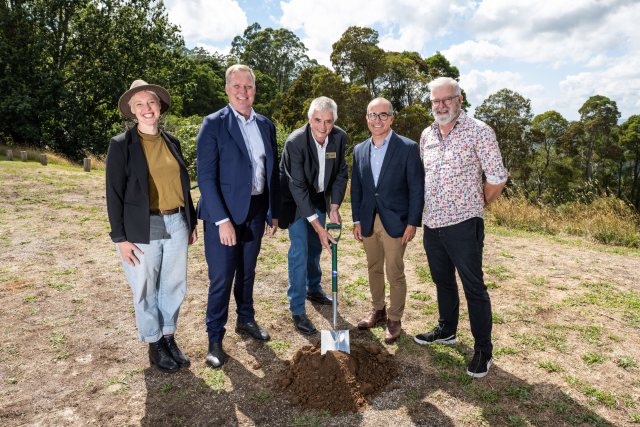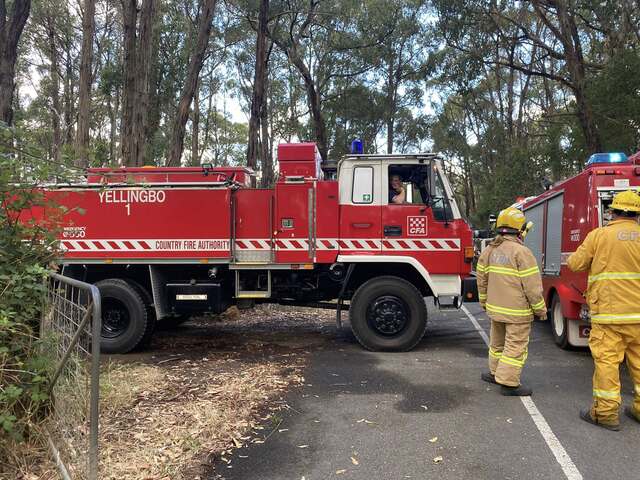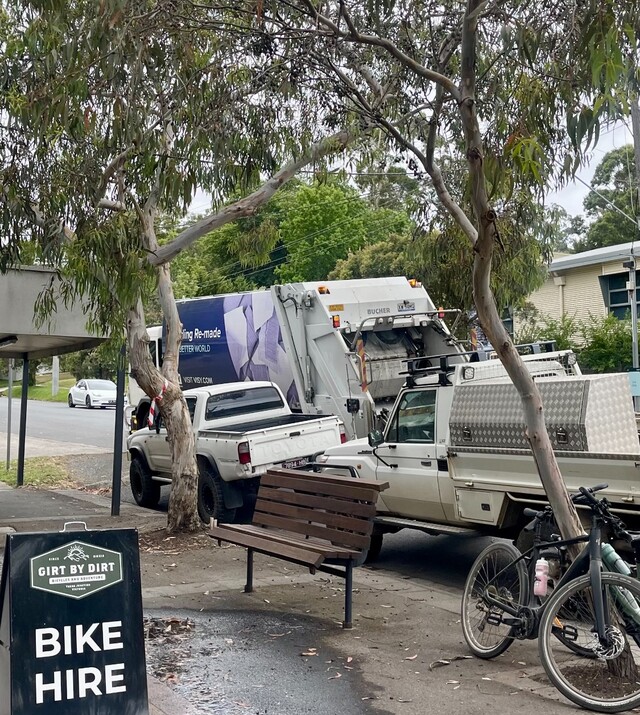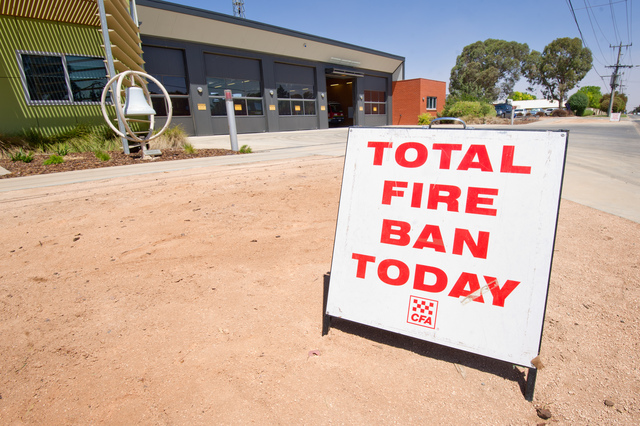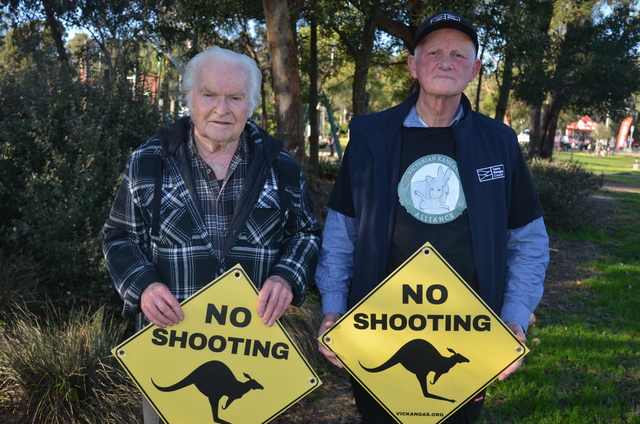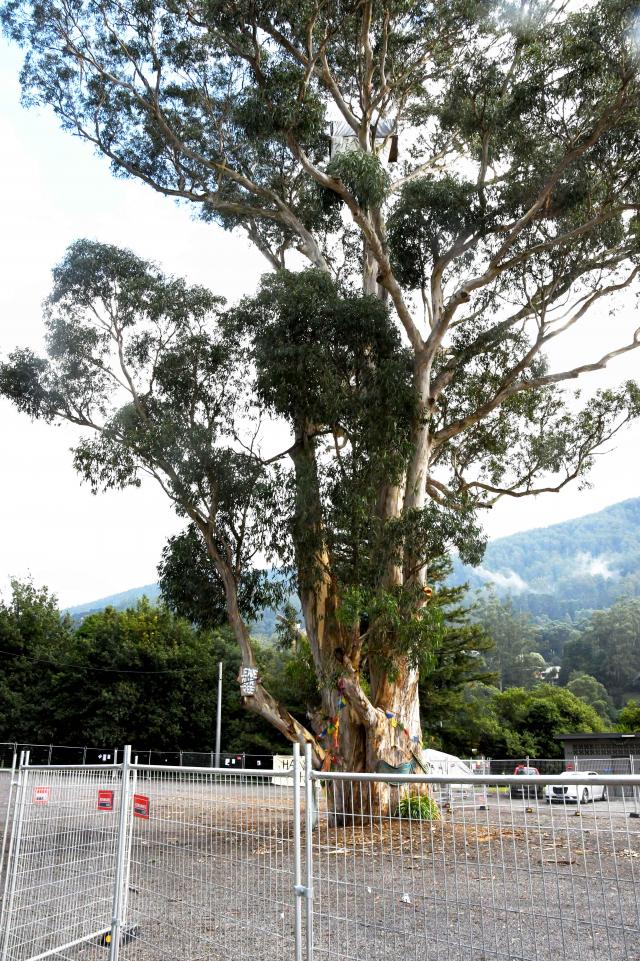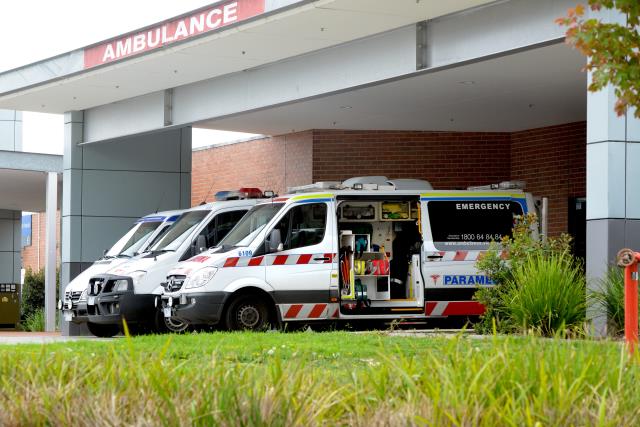SHADOW Minister for Communications and Broadband Malcolm Turnbull rolled into the Yarra Valley last Thursday to provide a Liberal alternative view on the roll-out of the National Broadband Network.
As guest of Casey MP Tony Smith, Mr Turnbull addressed members of the Steels Creek community before speaking with business owners at a forum for Yarra Ranges chambers of commerce members organised by the Lilydale Chamber.
Project manager with the Steels Creek Association Eva Matthews told Mr Turnbull that there were around 400 mobile phone users in the district with numerous stories from the 30 or so people at the meeting that the service was at best poor and in some cases non-existent.
Mr Turnbull said his party’s fundamental principal was that anything that was done to improve broadband should also improve mobile reception, which is a major problem for areas such as Steels Creek and East Warburton.
He indicated that for more remote communities fixed wireless or satellite might be required over underground fibre which he said was labour intensive and expensive.
Speaking to business owners he criticised the current Labor model, saying it wasn’t expected to roll out for another eight years.
“What the Labor Party will say is this is the technology that will give you the highest possible speeds, and on that they are absolutely correct,” he said.
“The problem is that you have to take into account the time and the money and if you can deliver people speeds that are more than adequate for their needs, like handling all their business, dealing with all their entertainment requirements at home, much sooner and cheaper, then you should have a very close look at it.”
He said there was a much easier way for businesses to get the NBN earlier and at a more affordable rate.
“We will set out a very accurate and transparent assessment of the savings of time and money that can be achieved by varying the plan and what consequences that will have on the service,” he said.
“I’m very confident that in most areas that are already built up, unless you’ve got customers that need or pay for extremely high speeds, you are better off taking your fibre optic cable out of the exchange, further into the field, installing an electronic device, a ‘node’, which then connects to the existing copper network.
“So what you’ve done is you’ve basically shortened the copper that your broadband runs on and because of that, you can get very high speeds.”
He said the variation would mean saving a substantial amount of money on labour, which he believed to be more than three quarters of the amount.
“What that means is we will be able to get the NBN built and finished, it will still be a wholesale network, sooner in time, cheaper in dollars and as a consequence, more affordable to the customer,” he said.
Broadband cost savings
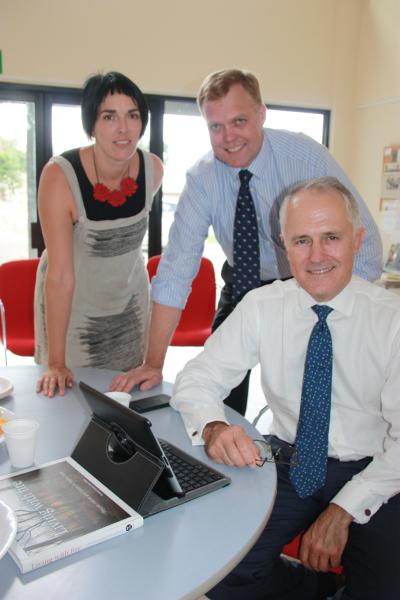
Digital Editions
-

Lilydale Lakeside Writers Group
Lilydale Lakeside Writers Group A guest article by Leanne Margaret Christine’s Note: Many thanks to local author Leanne Margaret, of Croydon, for sharing her experiences…


